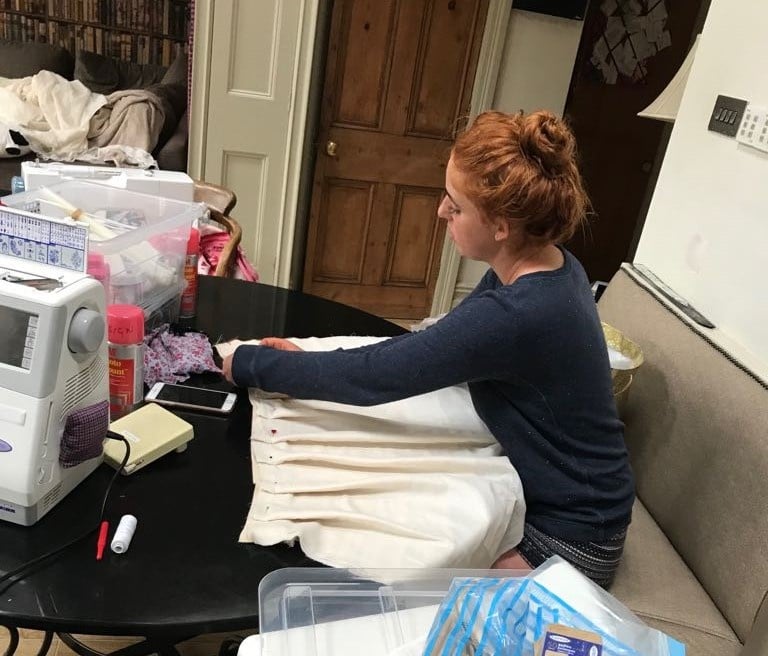
Validating the artistic process - the Arts Award way
BY: Annabel Thomas
10 Dec 2018
There are suggestions that the process of building Stonehenge may have been as important as how the monument was eventually used. Completing an Arts Award qualification isn’t nearly so difficult as building Stonehenge, yet we are also keen to celebrate the artistic process as much as the final product.
What makes Arts Award different from a lot of other qualifications is that as a portfolio qualification, a wide range of evidence and input from young people is considered when their work is assessed. This includes photos, diary entries, drawings, videos, sound recordings and much more. At all levels we are interested in the journey that young people embark upon to complete their Arts Award. Take Explore Part C or the arts challenge in Silver Unit 1: in both cases the end goal is important but we also want to see how it was reached.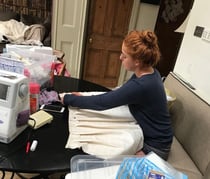
Young people may be accomplished artists in their chosen art form already and looking to build on their skills or gain a qualification in something they love. On the other hand, it could be that participants are starting out, wanting to build something new and just discovering their artistic skills. All of these efforts are valued equally in Arts Award. How young people reflect on their progress, think about how they may want to improve and learn and, at higher levels, plan how to approach this process, is of real interest to us.
Validating the process of creativity is also important at Silver and Gold levels. Charting how young people develop as arts leaders and implement their leadership challenges is as vital as the project’s outcome and we recognise the value in learning from this process even if it doesn’t run smoothly. Real life won’t always go to plan and in recognising how young people can deal with unexpected developments in their projects, we are not only validating real-life experiences but also helping build resilience and confidence. This way of working of course helps to build important metacognition skills. Highlighted, by the Education Endowment Foundation, as a key skill children and young people need to develop - metacognition is all about ‘learning to learn’ and being able to demonstrate this helps young people not only with their Arts Awards but throughout their education and employment. It all goes to show that process can be just as important as the final product!
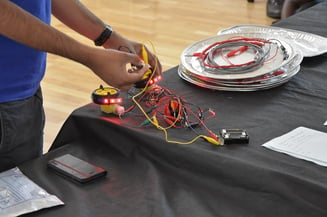 No matter how young people want to complete their Arts Award, we are keen to celebrate and recognise artistic achievement in whatever form it takes, from primary children picking up a crayon for the first time all the way through to young adults preparing for a career in the arts, we are keen to be a part of the journey every step of the way.
No matter how young people want to complete their Arts Award, we are keen to celebrate and recognise artistic achievement in whatever form it takes, from primary children picking up a crayon for the first time all the way through to young adults preparing for a career in the arts, we are keen to be a part of the journey every step of the way.
Find out how young people can accredit their arts activities using our mapping resources: www.artsaward.org.uk/mapping. Or use Arts Award Levels at a Glance to see which level is appropriate for your group.
To start your own Arts Award journey, download our guide to becoming an Arts Award adviser
Related posts
BY: Annabel Thomas
BY: Katherine Stapley-Smith

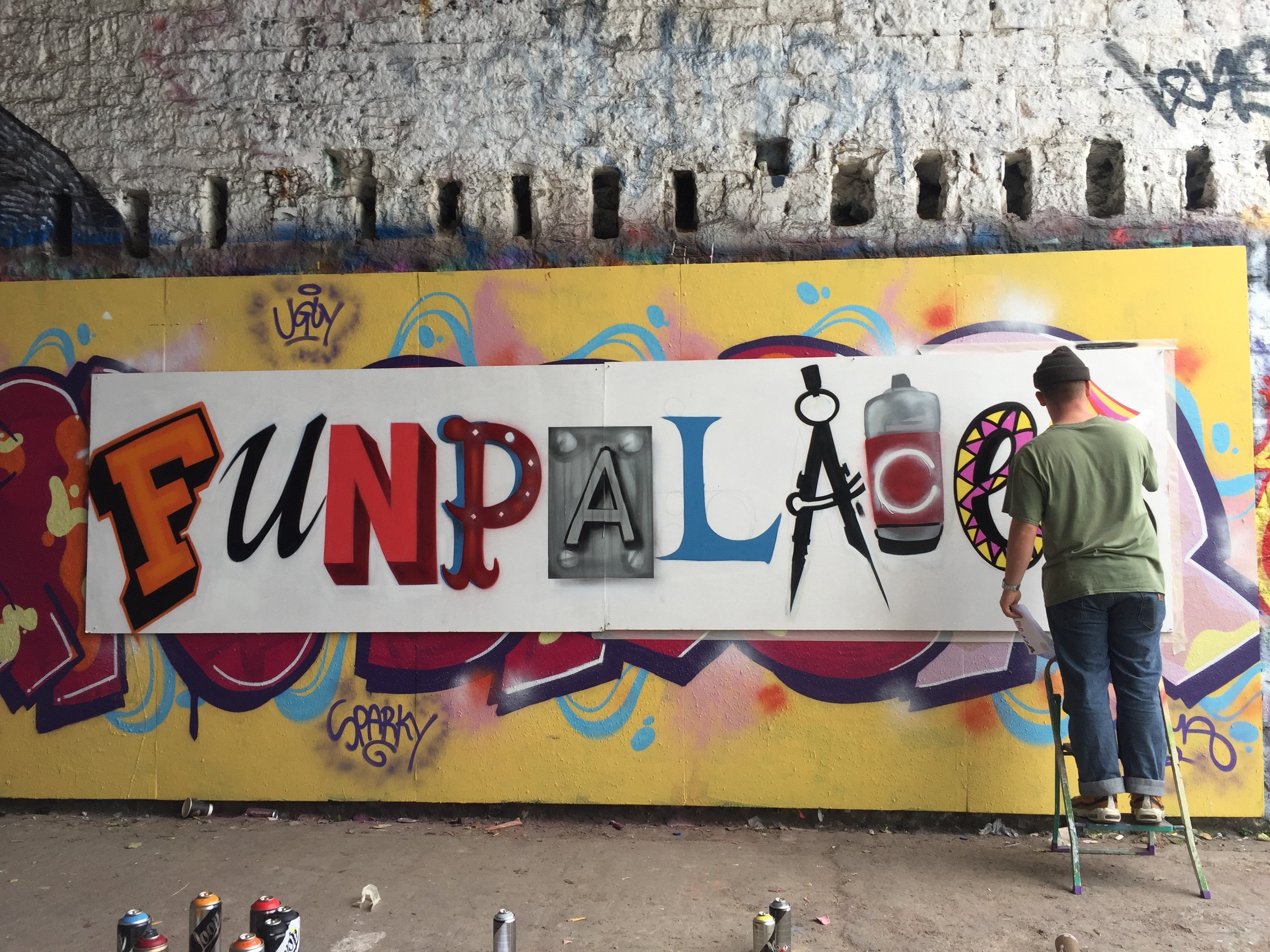
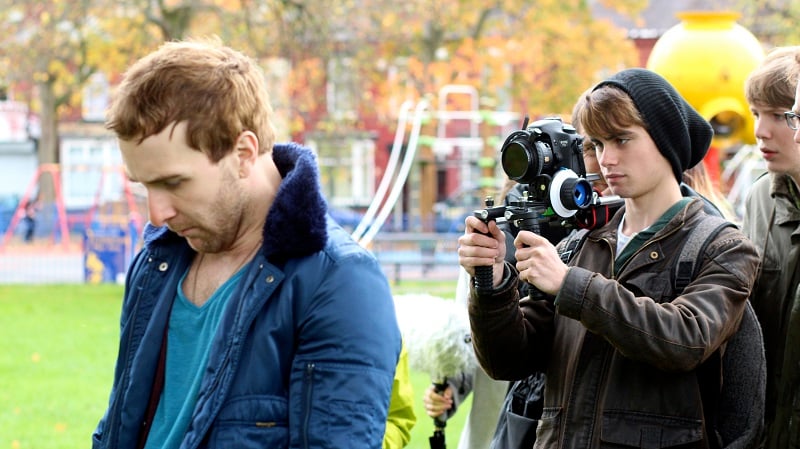
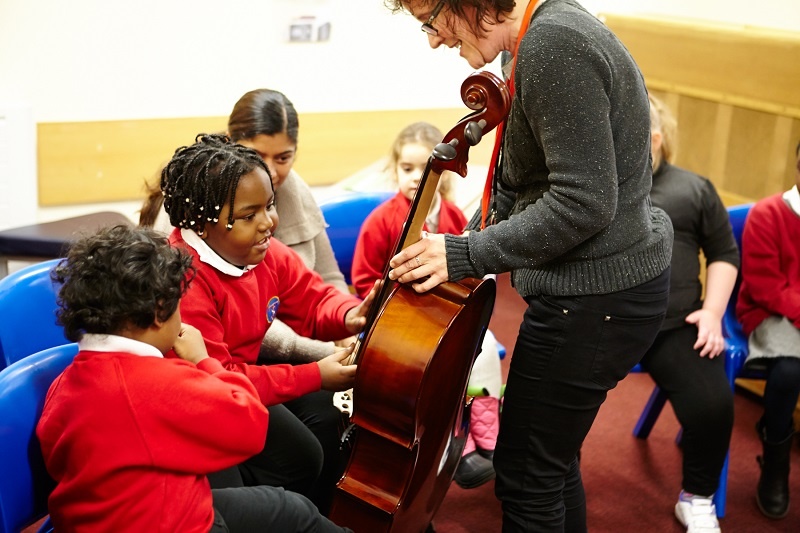
Comments & Replies